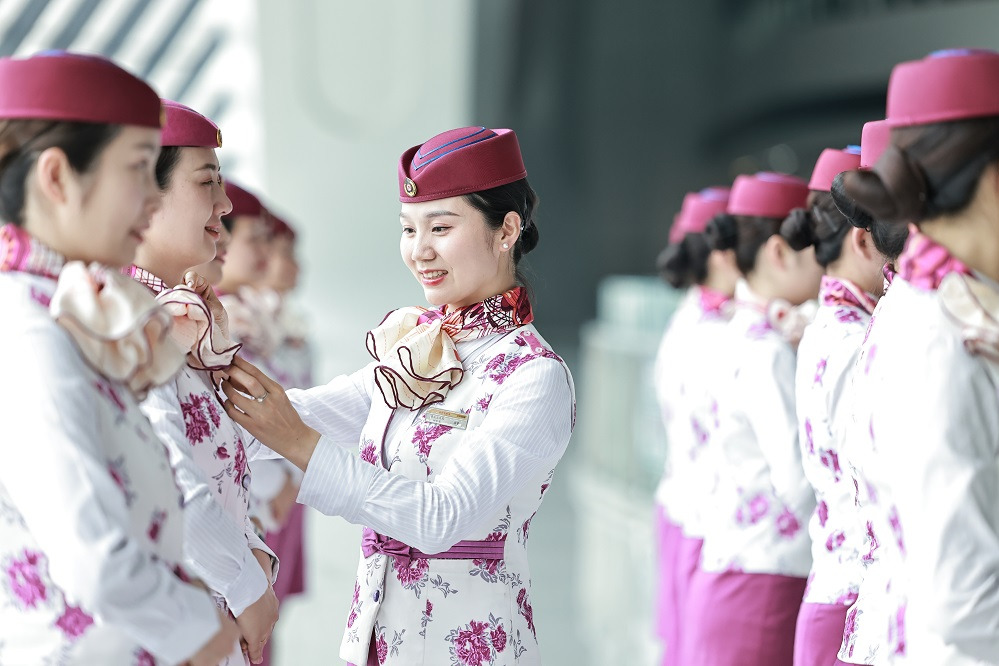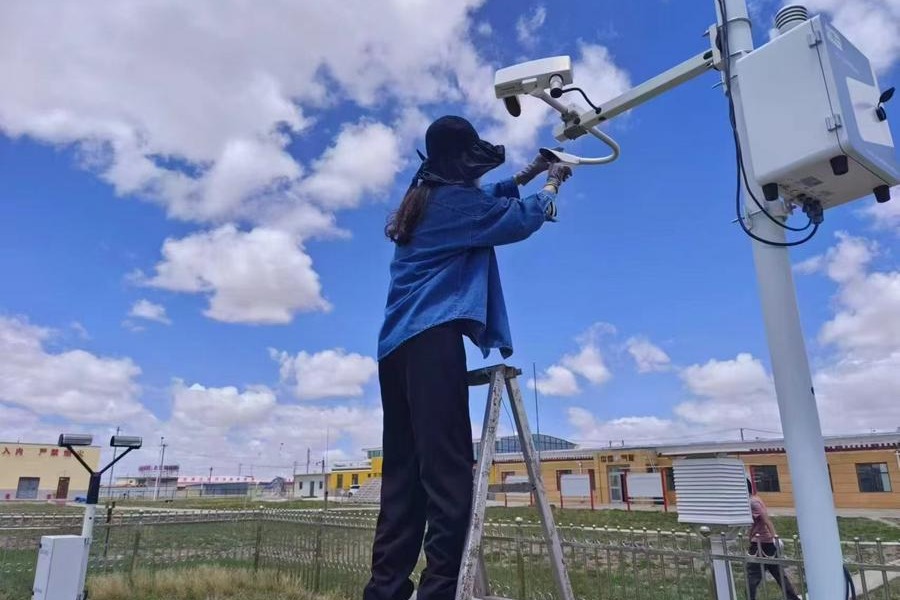Voluntary sector seeks greater efficiency and more expertise


Li Kexin, who founded a charity program called Sunners that helps left-behind children in rural areas - those with at least one parent working in cities far away - described the services provided by skilled volunteers as a win-win solution that not only helps the program achieve its goals effectively, but also helps volunteers gain valuable experience in a relatively stress-free environment.
The 30-year-old said skilled volunteers are still helping to upgrade her brainchild.
"Sunners was launched in 2009 while I was in college, but I had no clear objectives or methodologies to achieve our goals," she said. "That raised potential risks for rural children and our volunteers, including psychological trauma."
In 2016, Li met a number of teachers and social workers who offered to use their expertise to reframe her program. Meanwhile, musicians and architects volunteered to develop the children's musical and design skills.
"That approach proved effective," she said.
Obstacles
Despite the advances, obstacles remain for the developed voluntary sector, and more needs to be done to facilitate further evolution.
Tan, of the China Young Volunteers Association, said the sector's base largely remains within philanthropic circles and it has not received enough attention from the government or the public.
Ling, from the China Social Entrepreneur Foundation, noted that a lack of public awareness has severely hampered the sector's expansion.
"Many skilled potential volunteers find it hard to get positions that can maximize their input," she said. "The lack of institutional recognition is another barrier: While individuals who donate funds gain from favorable tax policies, people who spend their time doing voluntary work are not recognized via tax breaks."
Li said China's education system fails to nurture the altruism that prompts highly skilled individuals to undertake voluntary work, while many charities fail to exchange ideas and experience with bodies such as NGOs, which slows the introduction of skills-based help.
Zhai, from the Beijing ProBono Foundation, said skills-based voluntary work requires greater time and energy than its more basic counterpart, which makes some volunteers less enthusiastic.
"It requires at least 20 hours of voluntary service a year, and entails sustained input," she said, adding that there is usually a knowledge gap between skilled volunteers - who are often highly educated - and those they help, who are often among the most disadvantaged people in society.
"Efforts should be made to link the two," she said.
Another constraining factor is that some businesses are concerned about their employees engaging in voluntary work.
Some fear their trade secrets may be exposed, while others are concerned that the employees will be distracted by their voluntary work and lose focus.
"However, the fact is that many skilled volunteers find they are using their expertise in different contexts, which hones their insight and ultimately raises their level of productivity," Zhai said.
- Lai's separatist actions will turn people off, mainland says
- Taiwan people are waking up to US, mainland official says
- China Coast Guard conducts law enforcement patrols around China's Huangyan Island on Wednesday
- White paper debunks 'lab leak' theory, calls for origins-tracing in the US
- China's National Health Commission answers questions on white paper from press
- Shanghai-Shigatse direct flight to drive local tourism






































